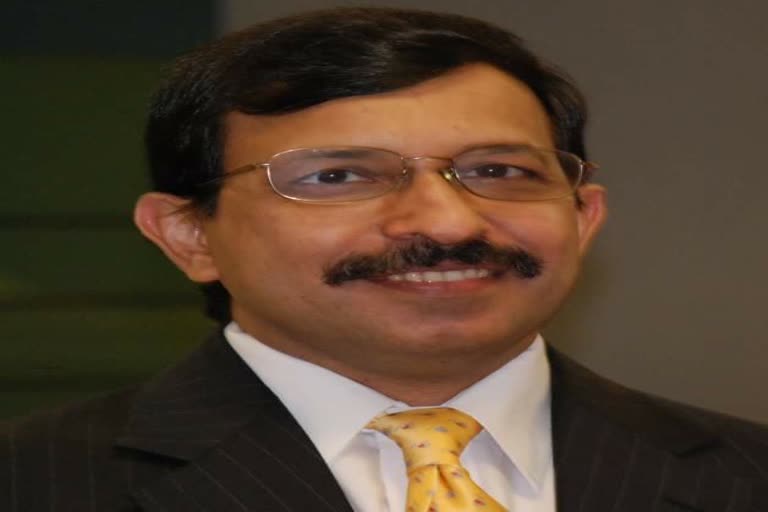New Delhi: The Reserve Bank’s decision to keep the key interest rates unchanged is aimed at keeping inflation under control as under the Monetary Policy Framework the RBI is answerable if the retail inflation remains above the target of 6% in two consecutive quarters, said Dharmakirti Joshi, Chief Economist of CRISIL.
“RBI is operating under the monetary policy framework which requires inflation targeting. It is their task to keep inflation in 2-3% range (of the target) and if it doesn't stay in that range for more than two quarters then I think they are answerable for that why they did not control it,” Dharmakirti Joshi said in response to a question by ETV Bharat.
Addressing a virtual meeting organised by Noida based policy think tank EGROW Foundation, Joshi said the RBI is not resorting to rate cuts as retail inflation is above the target.
“Headline CPI inflation increased to 6.7% during July-August 2020 as pressures accentuated across food, fuel and core constituents on account of supply disruptions, higher margins and taxes,” the Reserve Bank’s Monetary Policy Committee noted in its resolution.
The Reserve Bank said the prices of key vegetables such as tomatoes, onions and potatoes should soften in the third quarter with the arrival of the Kharif crop. But it also expressed concerns that the price of pulses, oilseeds will remain firm due to high import duties and the retail price of petrol and diesel will also remain high in absence of a rollback in taxes even if the international crude prices have softened in September.
According to the RBI’s projections, the retail inflation would be at around 6.8% during July-September period and it will come down 5.4 to 4.5% during the second half (October-March period) of the current fiscal.
"Our projections indicate that inflation would ease closer to the target by the fourth quarter of FY 2020-21,” said the committee.
Read:Two in 5 Indian professionals experiencing increased stress due to COVID-19: Survey
“Clearly, because of that factor they are not resorting to rate cuts. If the inflation comes down below 6% in a sustainable manner then they are going to cut the rate. Till then they are not going to use this instrument,” Joshi said in response to ETV Bharat’s question.
“They are bound by the monetary policy framework, they will find it difficult to cut the rate and justify it,” explained the top economist.
